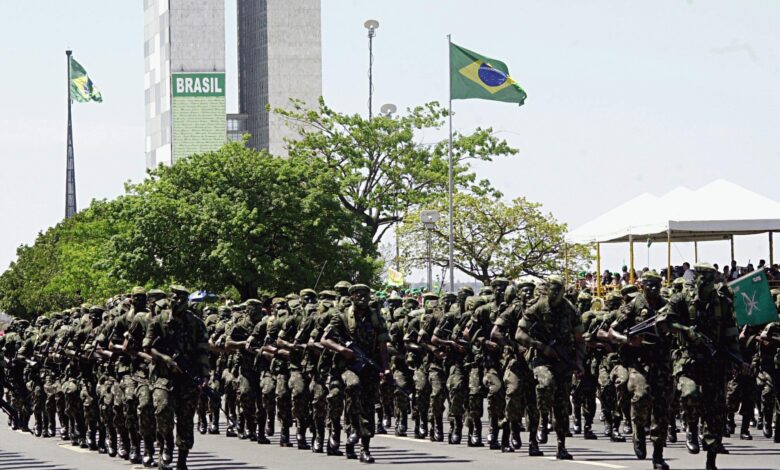Brazilian Independence: A Brief History of Brazil

Brazil was discovered by Portuguese explorer Pedro Álvares Cabral in 1500. The Portuguese quickly established a colony and began to exploit the land and its resources. Brazil became a major exporter of sugar, coffee, and other goods, and the Portuguese grew wealthy off the profits.
As the years went by, the Brazilian people began to tire of Portuguese rule. They resented the high taxes they had to pay and the fact that they had no say in the government. In addition, the Portuguese treated the native population and African slaves very poorly, which only added to the growing discontent.
In 1808, the Portuguese royal family fled to Brazil to escape the French invasion of Portugal. This was a turning point in Brazilian history. For the first time, Brazil became the seat of a European monarchy, and the country began to modernize and develop. The royal family opened up ports to foreign trade, founded schools and universities, and improved the infrastructure of the country.
However, even with these improvements, the Brazilian people were still unhappy with their lack of political representation. In 1821, the Portuguese king, Dom João VI, returned to Portugal, leaving his son, Prince Pedro, behind to rule Brazil. Pedro was popular among the Brazilian people, and they saw him as a potential leader who could help them achieve independence.
In 1822, the Brazilian people got their chance. The Portuguese government demanded that Brazil return to its colonial status and threatened to send troops to enforce the order. In response, Prince Pedro declared Brazil’s independence on September 7, 1822, in what is now known as the “Cry of Ipiranga.” This event marked the beginning of Brazil’s status as an independent nation.
Although Brazil had declared its independence, it still had to fight for its sovereignty. The Portuguese were not willing to give up their lucrative colony without a fight. The Brazilian army, under the leadership of Pedro, fought a long and bitter war against the Portuguese, which lasted until 1825. Brazil emerged victorious, and the country finally achieved its independence.
After gaining its independence, Brazil continued to grow and develop. It became a constitutional monarchy, with Pedro as its first emperor. The country continued to modernize and became a major economic power in the 19th century. However, Brazil still struggled with issues of social inequality, poverty, and political corruption.
In the 20th century, Brazil experienced a series of political upheavals. The country underwent several changes in government, including a military dictatorship that lasted from 1964 to 1985. During this time, Brazil’s economy grew rapidly, but the government was criticized for its human rights abuses and suppression of political opposition.
In the 1980s, Brazil began a process of democratization, which culminated in the election of Fernando Collor as president in 1990. However, Collor’s presidency was marred by corruption scandals, and he was impeached in 1992. Since then, Brazil has continued to struggle with issues of corruption and inequality, but it has also made progress in areas such as education, healthcare, and environmental protection.


